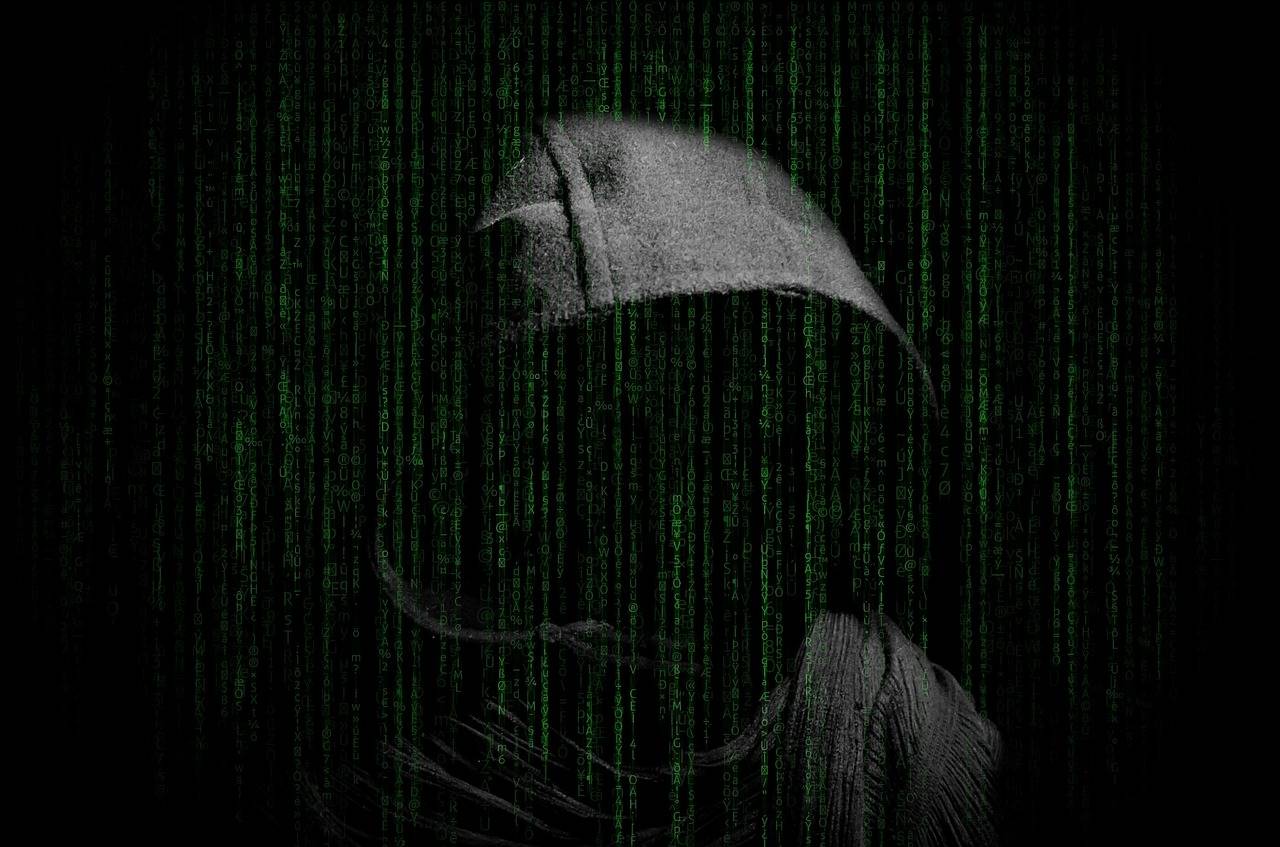Science is a process of learning and discovery that uses evidence to develop and test theories. It is a powerful tool that has helped us to understand the world around us and to solve complex problems.
However, science is not perfect. Scientists can make mistakes, and scientific theories can be overturned as new evidence comes to light. This can lead some people to question the trustworthiness of science.
In this article, we will explore the following questions:
- What makes science trustworthy?
- What are the limitations of science?
- How can we evaluate the trustworthiness of scientific information?
What makes science trustworthy?
There are a number of things that make science trustworthy. First, science is a self-correcting process. Scientists are constantly challenging existing theories and developing new ones. When new evidence is discovered, scientists are willing to update their theories or even discard them altogether.
Second, science is based on evidence. Scientists do not simply make up theories. They use evidence from experiments and observations to support their theories.
Third, science is transparent. Scientists publish their research in peer-reviewed journals. This means that other scientists have reviewed the research and found it to be sound.
Finally, science is cumulative. Scientists build on the work of previous scientists to develop new knowledge. This means that scientific knowledge is constantly growing and improving.
Limitations of science
Science is a powerful tool, but it has its limitations. One limitation is that science can only answer questions that can be tested with evidence. This means that there are some questions that science simply cannot answer, such as questions about the meaning of life or the existence of God.
Another limitation of science is that it is always changing. As new evidence is discovered, scientists may need to update or even discard existing theories. This can be frustrating for people who want to have absolute certainty about the world around them.
How to evaluate the trustworthiness of scientific information
When evaluating the trustworthiness of scientific information, it is important to consider the following factors:
- The source of the information. Is the information coming from a reputable source, such as a peer-reviewed journal or a scientific organization?
- The quality of the evidence. Is the information based on sound scientific evidence?
- The author’s credibility. Does the author have expertise in the field?
- The bias of the source. Does the source have a vested interest in promoting a particular point of view?
It is also important to be aware of your own biases. We all have biases, and they can influence how we interpret information. Be critical of your own thinking and try to consider all sides of an issue before forming an opinion.
Conclusion
Science is a powerful tool that has helped us to understand the world around us and to solve complex problems. However, science is not perfect. Scientists can make mistakes, and scientific theories can be overturned as new evidence comes to light.
To evaluate the trustworthiness of scientific information, it is important to consider the source of the information, the quality of the evidence, the author’s credibility, and the bias of the source. It is also important to be aware of your own biases.
Science is a complex and ever-evolving field. It is important to be critical of all information, including scientific information. However, we should also be grateful for the many ways in which science has improved our lives.
Scientists conducting an experiment in a lab
Science has helped us to develop new technologies that have improved our lives in many ways. For example, science has led to the development of vaccines, which have saved millions of lives. Science has also led to the development of new medical treatments, which have helped people to live longer and healthier lives.
vaccine being administered to a child
Science has also helped us to understand the natural world better. For example, science has helped us to understand the causes of climate change and the importance of biodiversity. Science has also helped us to explore the universe and to learn about the origins of life.
photo of the Earth from space
Science is a powerful tool that has helped us to understand the world around us and to solve complex problems. However, science is not perfect. It is important to be critical of all information, including scientific information. However, we should also be grateful for the many ways in which science has improved our lives.






Most Commented